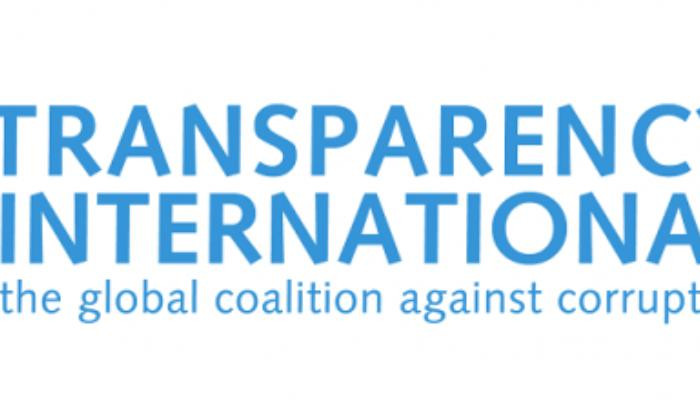Troika laundromat revelations make the case for tougher supervision of europe’s banking sector
 The Troika Laundromat revelations published today by the Organized Crime and Corruption Reporting Project (OCCRP) and partner media outlets reveal the glaring shortcomings in anti-money laundering systems in Europe, and make the case for an EU-wide anti-money laundering supervisory authority, Transparency International said today. “The European banking system should be a firewall that stops corrupt money from Russia and elsewhere being siphoned out of these countries’ economies. Instead, we see time and again how easy it is to launder and hide the proceeds of corruption, tax evasion or other criminal activities in Europe,” said Patricia Moreira, Managing Director of Transparency International. “All that is needed is an anonymous offshore company and one or more unscrupulous banks willing to turn a blind eye. Without more effective supervision of banks, we will see more scandals like this undermining the entire EU banking system.” The Troika Laundromat investigations show how between 2006 and 2012, a Russian investment bank, Troika Dialog, orchestrated a scheme using three companies registered in the British Virgin Islands that set up at least 35 offshore shell companies which held accounts at ŪKIO bankas in Lithuania. Some of the accounts were registered to proxy individuals, including impoverished seasonal workers. Bank of Lithuania, the country’s central bank, failed to identify the scheme, despite catching a similar mechanism used to siphon off money as ŪKIO was going bankrupt. US$4.6 billion was laundered through the Troika Laundromat. The scheme is connected to companies involved in corruption scandals including the Magnitsky Affair, the Russian Laundromat and the Sheremetyevo fuel fraud. “The aim of these schemes is to obscure the origin of funds using international financial networks. Entry points into the European banking system are too weakly protected,” said Maíra Martini, an anti-money laundering expert at Transparency International. “National anti-money laundering authorities are not sufficiently empowered and do not have the necessary resources to effectively detect and prevent potential criminal activity at an early stage. We hear about these cases from leaks and data breaches, often after the schemes have stopped running.” High-profile scandals such as the Danske Bank affair have recently created momentum towards reform. Last week, the European Parliament’s TAX3 Committee called for an EU-level anti-money laundering watchdog. Transparency International is calling for supervisory powers at the EU level, equipped with investigative capabilities and sanctioning authority, as well as: enhanced technical expertise at national and EU level for identifying cross-border flows of illicit finances; Transparency International is a member of the Global Anti-Corruption Consortium, a groundbreaking partnership to accelerate the global fight against corruption by bringing together advocacy and investigative journalism, spearheaded by The Organized Crime and Corruption Reporting Project. |

Washington, Tehran may discuss US access to Iran’s mineral resources
13311:20
Trump’s New World Order Is Pushing Sweden to Warm Up to the Euro
296Yesterday, 20:24
Trump says Board of Peace members pledged over $5B for Gaza
47015.02.2026, 21:39
EU plans crypto ban for Russia, FT reports
82311.02.2026, 00:48
US Treasury Secretary says US sanctions crushed Iran’s economy and sparked protests (video)
85706.02.2026, 10:43
Elon Musk just became the first person ever worth $800 billion after SpaceX acquired xAI
79604.02.2026, 18:30
